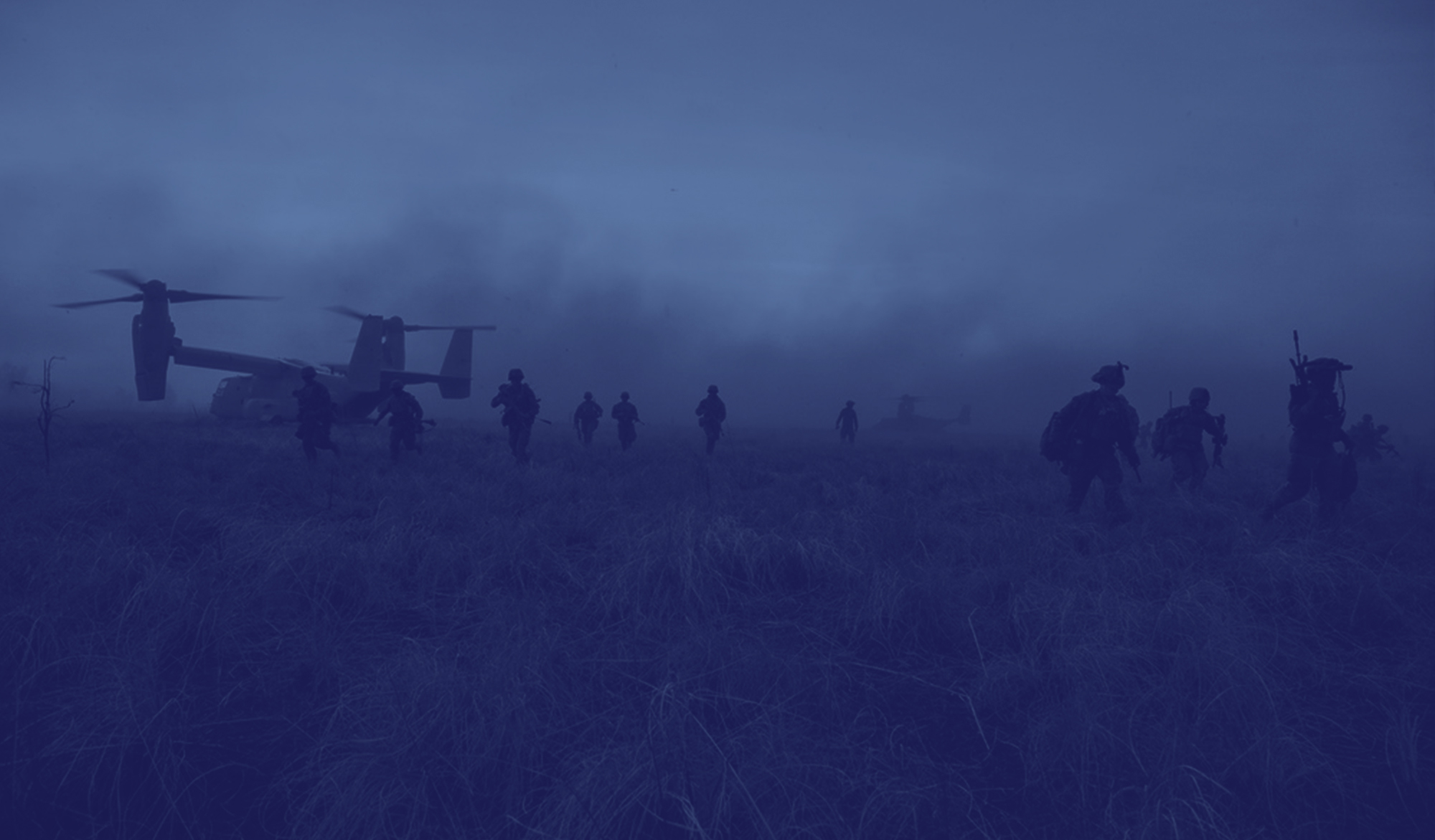
U.S. Marine Corps combat correspondent Staff Sgt. Amy Forsythe with photographs she made in northern Afghanistan. (Don Bartletti, Los Angeles Times / July 5, 2010)
July 5, 2010
— When Marine Staff Sgt. Amy Forsythe was showing reporters around wartorn Afghanistan in 2002, she realized there was a story behind the headlines — a story to be told through images of the joyous yet needy children, and the suspicious, closed-off adults.
It was a feeling that continued when Forsythe, a combat correspondent, deployed to Iraq in 2006 and 2008. Now three dozen of Forsythe’s photographs are on display at the public library here through the end of July. “I wanted to show people the faces of the people, not just the troops, to let them see the humanity of the situation,” Forsythe said.As a woman, she was able to meet Afghan women in their homes, which, in deference to religious strictures, are off-limits to male Marines and male reporters. Eight years later the Marine Corps has official “female engagement teams” but early in the war, “no one knew how to get to the women,” Forsythe said.
In Afghanistan, she photographed Afghan President Hamid Karzai in his palace, and in Iraq, she photographed Barack Obama in 2008 while he was still in the U.S. Senate. She opted not to include the Obama photographs in the exhibit, lest they give the show a political overtone. The pictures of the children in both countries are her favorites. “Look at the smiles on their faces,” she said. “It’s not their fault, this whole conflict. Why punish them?” Adults in both countries have what Forsythe calls “the long grimace.” Children, by comparison, “haven’t grown up to be unhappy yet.” There are harsher pictures, like the pollution that plagues the Kabul River. “I had to document this,” she said. “I kept telling people: ‘You’re not going to believe this.'” A village of Kunduz province, north of the Afghan capital of Kabul, was an eye-opener. “It was almost medieval, like stepping back 2,000 years, not much different from when this area was part of the Spice Trail,” Forsythe said. “I thought that without photographs, people won’t believe what is happening.” Forsythe, 39, has a bachelor’s degree in communication from Cal State San Marcos and a master’s degree in global leadership from the University of San Diego. Some images were taken with a video camera, others with a point-and-shoot. A reservist, she has worked as a producer at the Oceanside community access channel KOCT-TV between active-duty stints. After 17 years in the Marines, she’ll switch soon to the Navy to become an officer. Her work is also viewable on the Internet: her war diary from Fallujah, Iraq, and her video stories filed from “outside the wire” as she followed troops on patrols and into villages. More of her pictures are on her Facebook page. The Oceanside library is a particularly good location for the exhibit, given the proximity of the city to Camp Pendleton, Forsythe said. “Maybe these photographs will give the public a better idea of what Marines have been doing, the people we’ve been trying to help,” she said. The exhibit, on the second floor of the library, has drawn a steady stream of visitors, particularly among the young, according to Monica Domercq, the principal librarian. “People spend a lot of time with the pictures, reading the captions, and looking at the faces,” she said. “It’s a different side of the story than they’re used to.”
Mary Ann Merritt
